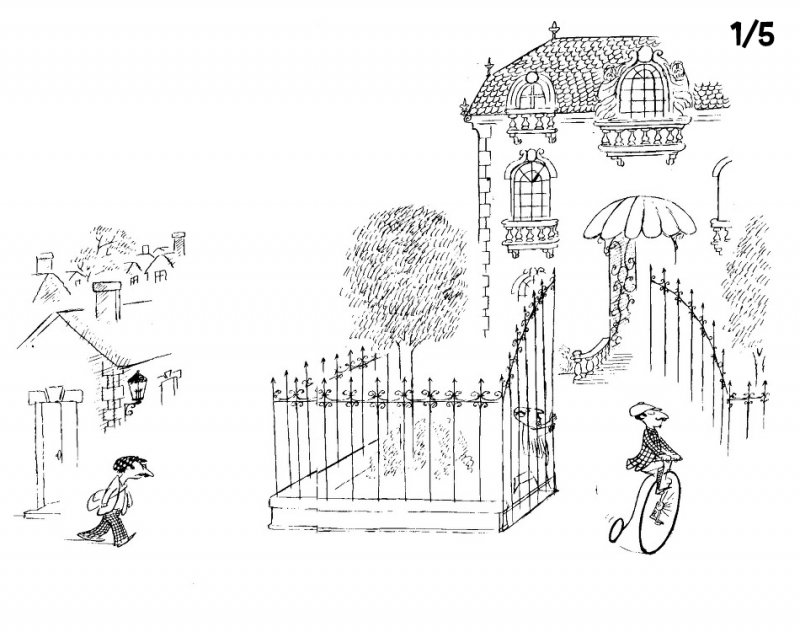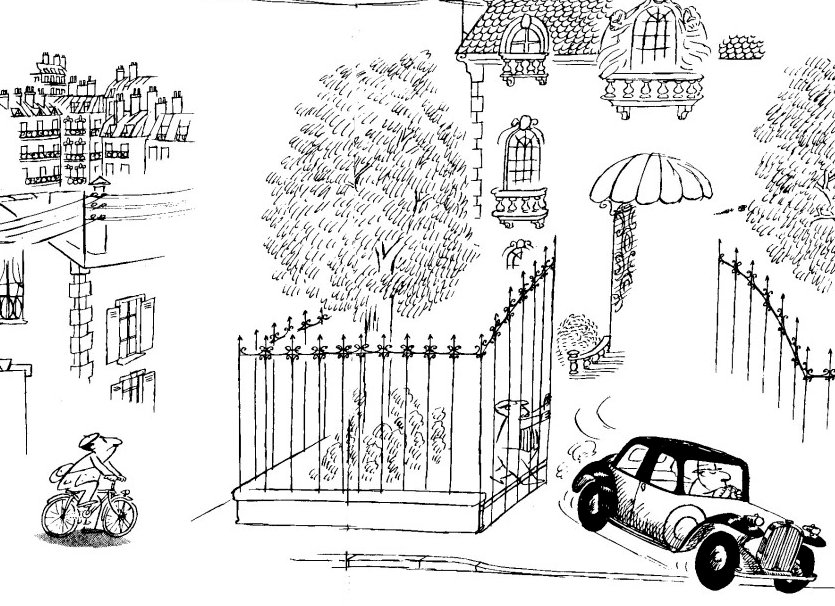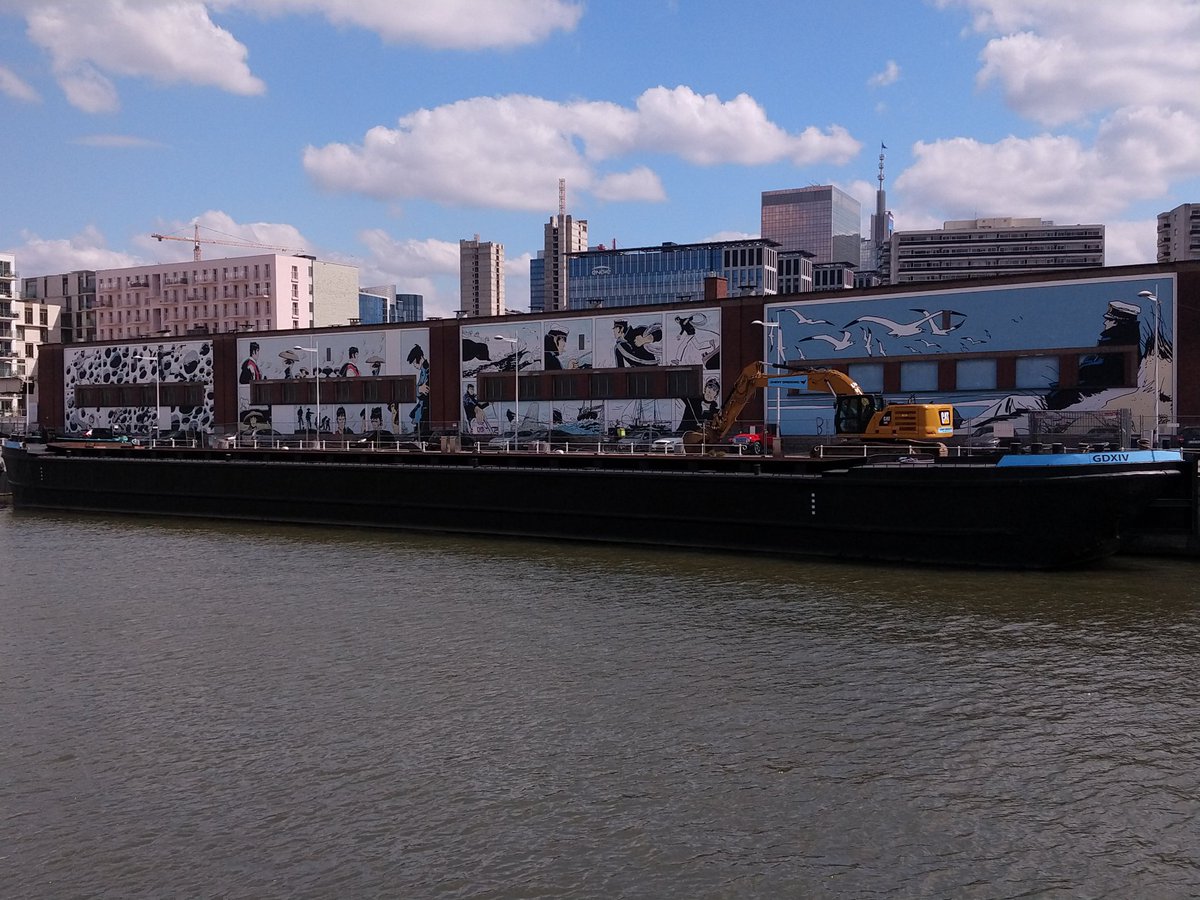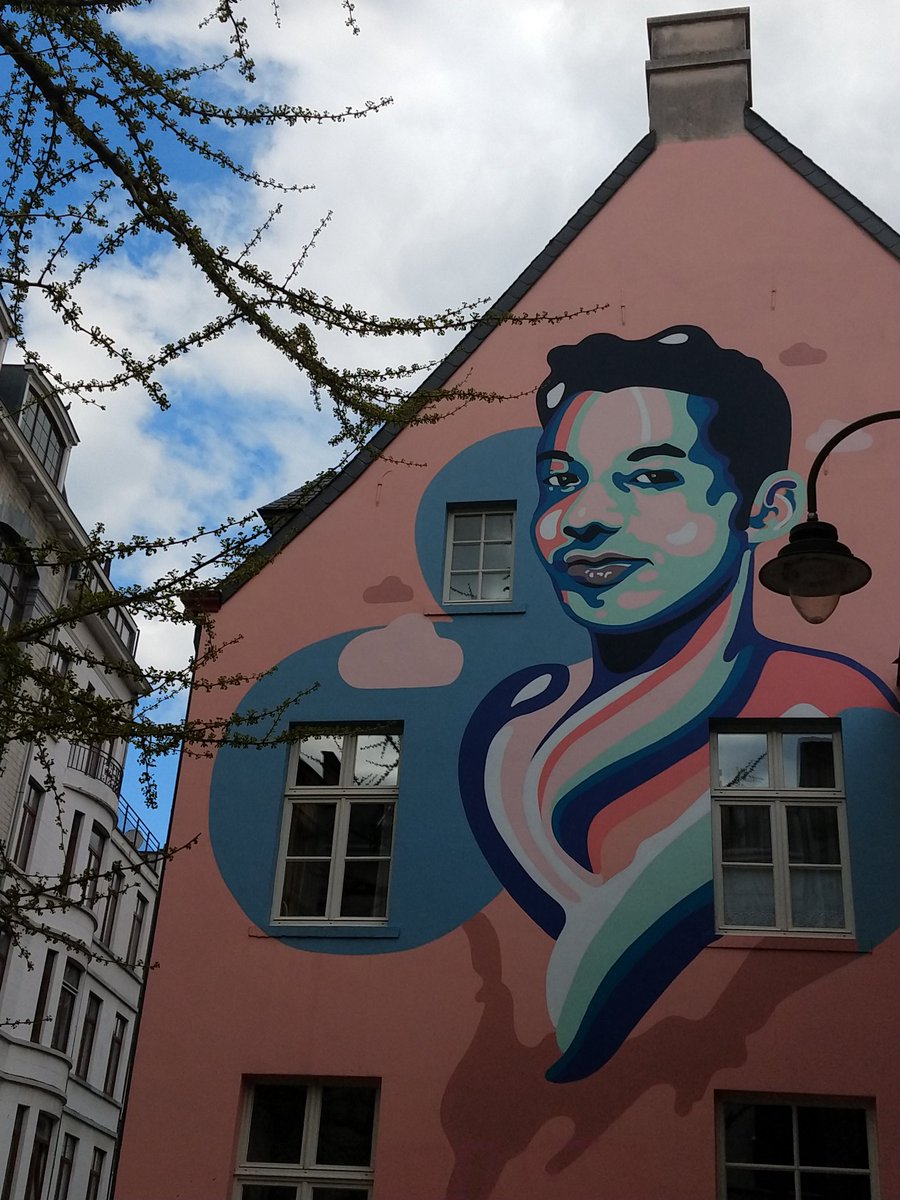
Tomorrow we will commemorate that the Great War ended a century ago. Bits by bits, all personal connections to that event will disappear in thin air. I know Twitter is a transient medium, but for what it's worth, I will try to summarize what the wars cost to my family.
The man on this picture is my paternal grandfather, colonel Albert Franckx. Of course, in 1914, he was not a colonel yet, but a young lieutenant in the Belgian infantry. During the siege of Antwerp, he got badly wounded, and was left behind in the military hospital of Berchem. 

Actually, he was so badly wounded, that when the Germans entered Antwerp, they moved him to a civilian hospital, where they thought he would die quickly. Too bad, he was pretty resilient, and after a while, he escaped to The Netherlands.
In World War 1, The Netherlands were neutral, and so my grandfather was captured again, this time by the Dutch. He escaped again, and, as a stowaway on a ship, he succeeded in joining the United Kingdom, where he duly reported to the Belgian authorities.
I don't know the details of what happened in London. As I wrote, he was very badly wounded, and after his two escapes, he needed to recover. His "English connection" (combined with a mother of Scottish descent) would play a key role in his fate in 1940.
After a while, he had recovered well enough, & was allowed to join his unit on the front-line (12th Compagnie machine guns of 1st Regiment de Ligne), which was of course the point of the escapes. He survived the war & became a Co-founder of the Fraternity of Belgian veterans
His two brothers also served as officers. Michel findagrave.com/memorial/15883… and Joseph findagrave.com/memorial/15883… died in the 1920s, both with the rank of major. I don't really know much about them, but we will meet their progeny again in world war 2.
After the war, my grandfather stayed in the army & gradually rose through the ranks. He eventually became a full colonel, was a commanding officer of the Infantry School & of an infantry regiment in 1940. (He also met my grandmother - my father & my uncle were born in the 1930s).
His wounds of world war 1 unfortunately had levied a very heavy toll on his health, & he was physically exhausted before the campaign started. However, given how the campaign in May 1940 would develop, his "English connection" proofed very useful.
He was appointed as a liaison officer to the British Expeditionary Force during Operation Dynamo. Lest someone forget: numerous French & Belgian soldiers gave their lives to enable the "Miracle of Dunkirk". This includes my grandfather. He fell on May 25.
So this is the paradox. Surviving 4 years of war as a junior officer, and then getting killed as a colonel during the 18-days campaign. But the story doesn't end here.
Meet Edouard Franckx. Nephew of my grandfather (and thus cousin of my dad). Officer in the Army Corps of Engineers. Taken prisoner in May 1940. His story could have ended here - except that, with all the destruction, the Germans badly need engineers to rebuild the infrastructure. 

And so the prisoners of war with a degree in engineering are freed from the prisoners' camps. And of course, he joins the armed resistance (seriously, what would YOU do? ;-) go2war2.nl/artikel/3832/G…
And he gets captured. He is taken to the charming Fort of Breendonk, For the better or the worse, as he is a kingpin in the network, the Gestapo doesn't want him to die. They want him to talk. Here's his testimony breendonk.be/nl/index.asp?I…
His oral testimony is still there, in the torture chambers. But my dad also told me his cousin talked about things that you cannot find there. For instance, that the 15 first minutes of the torture sessions were the hardest. After that, you were so numb, that it didn't matter.
Crucially, he kept his sanity thanks to maths. Seriously. He had a piece of soap that he used to write mathematical problems on the walls of his cells. After he exhausted his soap, he would scrape the pieces from the wall and make a new piece of soap.
Well, he survived world war 2 without speaking. After the war, he would become a professor of mathematics at the Royal Military Academy of Belgium, and president of the international actuarial association. He died in 1988, when I was myself an officer cadet.
The story on my mother's side will follow later.
On the side of my maternal grandfather, no drama: he was a little kid when world war 1 broke out and didn't participate in world war 2 due to health issues. But this is more compensated by what happened with the family of my grandmother.
So first a bit of background. My grandmother, Rita Vincke, was the daughter of a Belgian doctor (who would die in the Congo) and Justina Ottley - whom he met in Bruges, where her British family lived.
The familial antecedents of my granny's mother are interesting in their own right: her mother was Victoria Violet Montefiore - right, of these Montefiores barrow-lousada.org/genealogies/pe… One her cousins was Moses Montefiore, Zionist and philanthropist
In it itself, this wouldn't be relevant for the story, except that what saved my mother and her sisters from the concentrations camps was that it never occurred to my granny that, according to the Nazi racial laws, she was actually a Jew and should have registered as such.
But let's go back to World War 1, and meet my granny's uncles. First there is Captain Algernon Glendower Ottley. Joined the front in France in January 1915 and died from his wounds incurred of May of that year greatwarci.net/honour/jersey/…
Next comes Kendal Glendower Coghill Ottley - dead in Eastern Africa on 31 October 1916 - from gangrene as the result of a bayonet wound greatwarliveslost.com/2016/10/30/tue…
And finally 2nd Lt Reginald Benade Glendower Ottley, killed whilst flying on 23 Dec 1917 findagrave.com/memorial/56387… . So the arithmetic is that my granny lost her three uncles during the war. Or, in other words, her grandparents lost their three sons. All of them.
So, on both sides of the family, a whole generation of men was wiped out over the 2 wars. Strictly speaking, the uncles from my father didn't die during the war, but I understood that they had come back from the war with very poor health & this contributed to their untimely death
It is of course not true that their memories will live forever. My dad was a small kid when his father died and his cousin was tortured. My granny never knew her uncles. So this will gradually fade away, like all memories of everyone who ever lived. That's the natural course.
What worries me is not that the individual sacrifices are forgotten. It is that we are so sloppy with the legacy they left us. (Credits to my sister Charlotte for the research on the Ottley branch of the family).
• • •
Missing some Tweet in this thread? You can try to
force a refresh




















